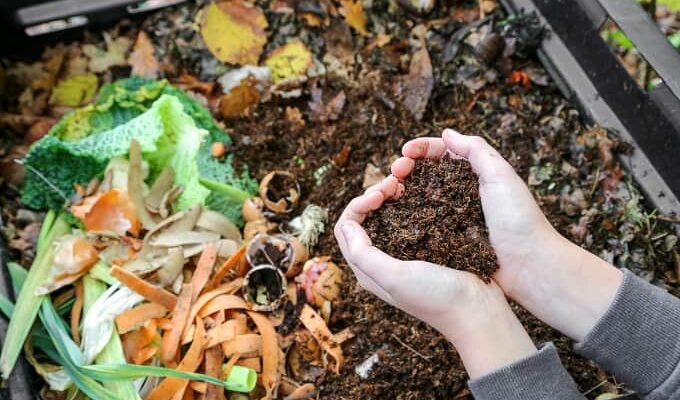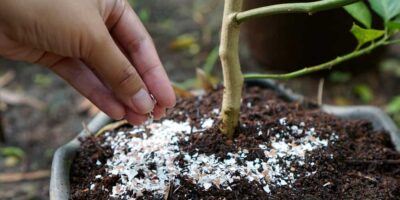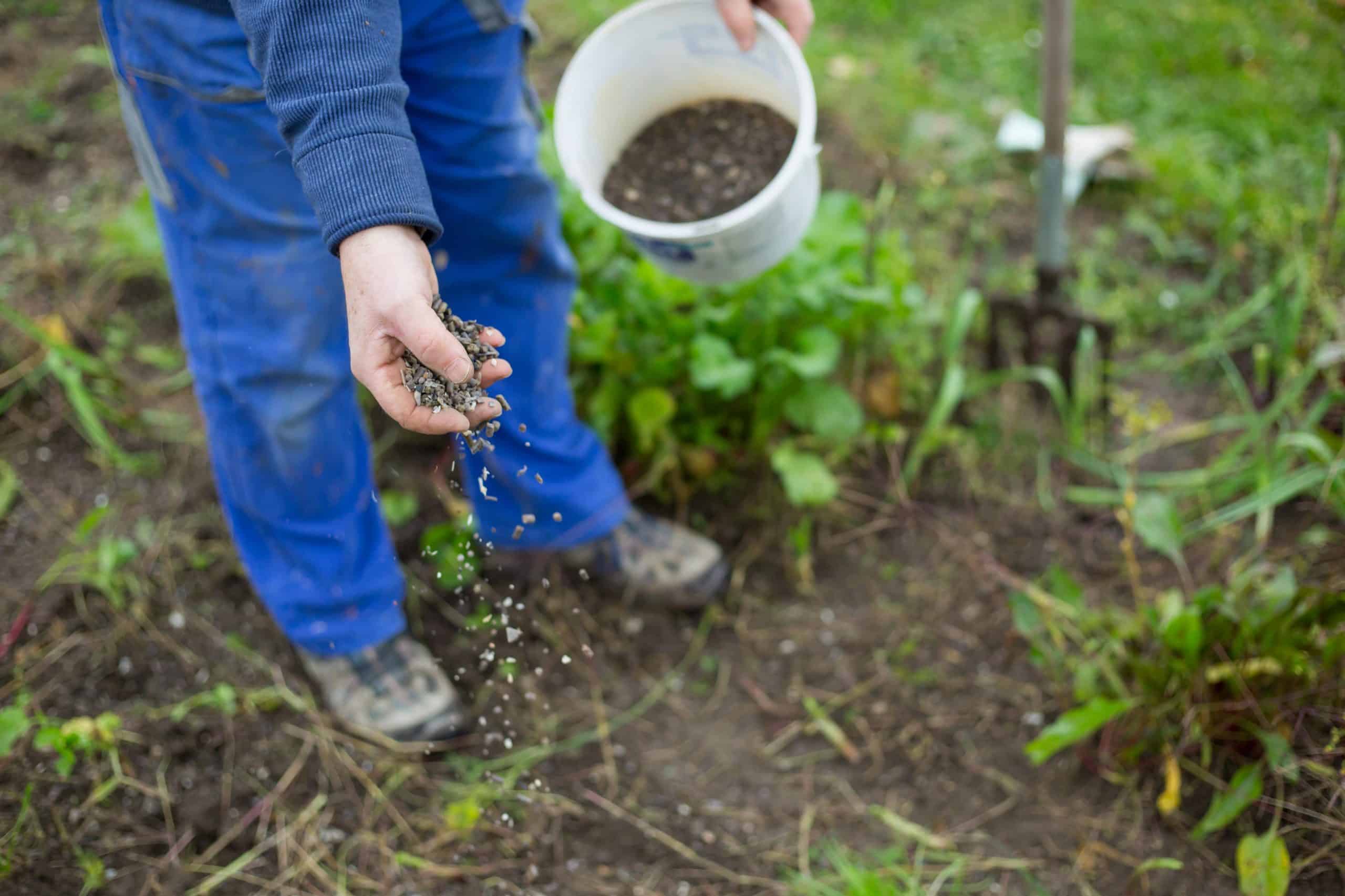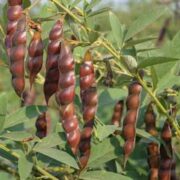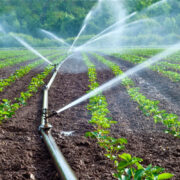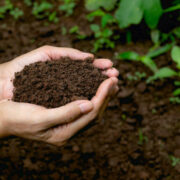Kitchen Waste Composting: In an era where environmental consciousness takes center stage, the concept of repurposing kitchen waste into organic manure has gained remarkable traction. This ingenious practice not only diverts organic waste from landfills but also cultivates a sustainable cycle that nourishes the earth that sustains us. Organic manure derived from kitchen waste emerges as a practical and eco-friendly solution that transforms discarded remnants into a valuable resource for nurturing plant life and promoting a greener future.
The process of crafting organic manure from kitchen waste might seem humble, yet its impact is profound. Fruit peels, vegetable trimmings, coffee grounds, and eggshells that would otherwise find their way to the waste bin are given a second life. This waste, often viewed as valueless, is infused with purpose as it undergoes decomposition. The natural breakdown of organic matter, facilitated by microorganisms, generates a nutrient-rich concoction that steadily enriches the soil. This transformation imbues the discarded waste with newfound significance, fostering a sustainable loop that transforms kitchens into centers of environmental stewardship.
Also Read: Food Safety: Dangers to Health Posed by Pesticide Residues in Food
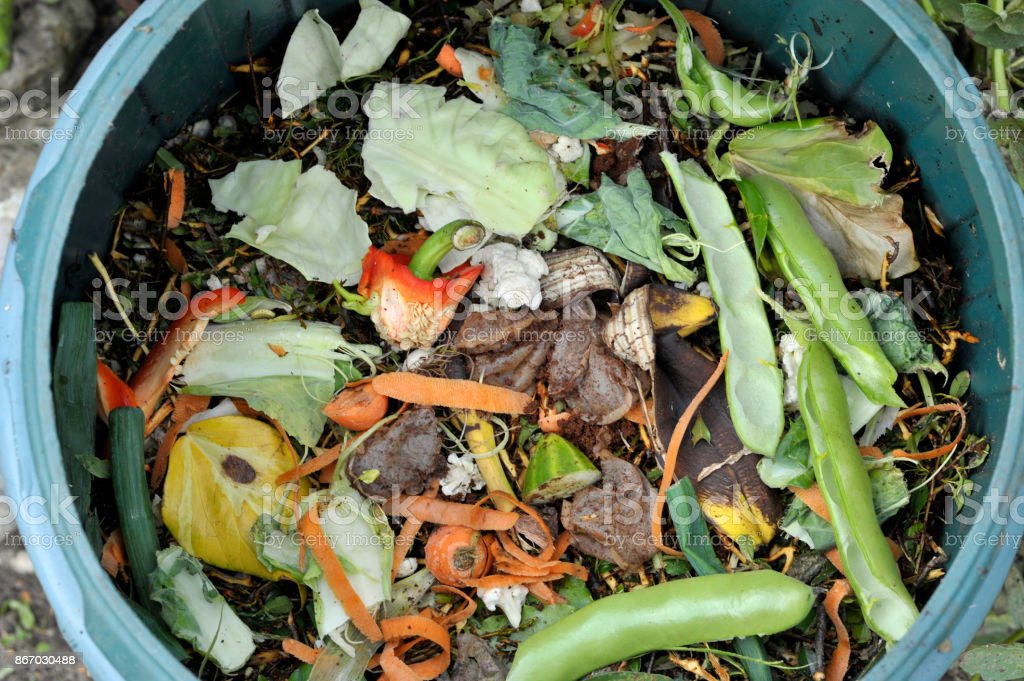
Kitchen Waste Composting
The beauty of organic manure derived from kitchen waste lies in its inherent ability to foster natural growth without relying on synthetic additives. As this nutrient-rich compost infiltrates the soil, it bestows an array of benefits upon the plants it nurtures. First and foremost, the gradual release of nutrients ensures a sustained and balanced supply, fostering healthier plant growth. Additionally, the composition of the manure enhances soil structure, enabling better water retention and aeration. This, in turn, reduces the need for excessive watering and mitigates soil erosion, contributing to water conservation efforts. Organic manure becomes a testament to the harmonious relationship between human actions and nature’s cycles, nurturing plants while safeguarding the environment.
The journey from kitchen waste to organic manure is not just a solitary endeavor; it signifies a collective commitment towards sustainability. Households, communities, and even businesses can actively participate in this green movement by embracing the practice of recycling kitchen waste into a valuable resource. Community composting initiatives and home composting setups exemplify this collaborative spirit, transforming what was once considered refuse into a catalyst for positive change. By adopting this practice, individuals contribute to reducing the burden on landfills, minimizing greenhouse gas emissions, and fortifying the ecological balance. The transformation of kitchen waste into organic manure embodies the potent synergy between human innovation and environmental preservation, reminding us that even the most mundane of actions can sow the seeds for a greener tomorrow.
Producing organic manure from kitchen waste transcends its seemingly modest origins, emerging as a powerful tool for sustainable living. This practice not only curbs waste accumulation but also nurtures a symbiotic relationship between human consumption and the earth’s vitality. By repurposing kitchen waste into nutrient-rich manure, we are sowing the seeds of environmental stewardship, fostering natural growth, and contributing to a more harmonious coexistence with the planet. As the momentum towards sustainable practices continues to build, the transformation of kitchen waste into organic manure stands as a testament to our capacity to weave sustainability into the very fabric of our daily lives.
Also Read: Miyazaki Mango: Farmer Cultivates World’s Most Expensive Mangoes in Odisha.

